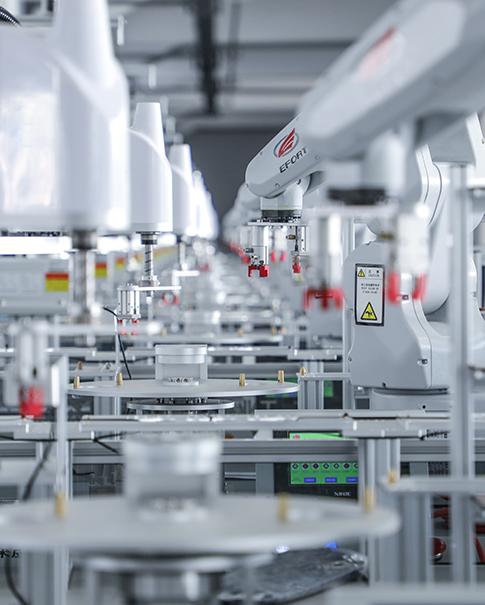Why Every Plant Needs Reliable Contactors
Walk into any modern factory, and you'll find hundreds of electrical contactors quietly doing their job - switching motors on and off, controlling conveyor belts, keeping production lines moving. Among these unsung heroes, the ABB A30-30-10 stands out as a particular favorite of maintenance teams and plant engineers. Having worked with these components for over a decade, I've seen firsthand how the right contactor can mean the difference between smooth operations and costly downtime. The A30-30-10 isn't just another piece of electrical hardware - it's the kind of component that earns trust through years of trouble-free service in some of the toughest industrial environments.
Let's cut through the technical jargon. In simple terms, these contactors work and keep working when others might fail. Here's why:
They're built like tanks - The first thing you notice is the rugged construction. Thick insulation, heavy-duty contacts, and a housing that can take a knock. I've seen these installed in steel mills where temperatures swing wildly and dust is everywhere, yet they keep chugging along.
They don't mind the heat (or the cold) - Unlike some components that get fussy in extreme conditions, these handle temperature swings from -25°C to +60°C without breaking a sweat.
Energy misers - In today's world where every watt counts, their low coil power consumption adds up to real savings. One plant manager told me they cut their energy bills by 15% just by switching to these contactors across their motor control centers.
Maintenance crews love them - The modular design means replacements take minutes, not hours. And the self-cleaning contacts? That's one less thing for overworked maintenance teams to worry about.
Where You'll Find Them in Action
These aren't laboratory components - they're out there getting dirty in the real world:
On the factory floor:
Controlling massive stamping presses that shake the building
Keeping assembly lines running 24/7
Managing robotic welders in automotive plants
In infrastructure:
Running escalators in busy subway stations
Controlling ventilation in long road tunnels
Managing baggage handling systems at airports
Energy sector workhorses:
Switching capacitor banks in substations
Controlling pumps in water treatment plants
Managing conveyors in coal handling systems
Just last month, I visited a food processing plant where the same A30-30-10s installed 8 years ago were still reliably switching refrigeration compressors thousands of times daily. That's the kind of performance that builds reputations.
The Hidden Savings You Might Not Consider
While the upfront cost matters, the real value comes from what you don't have to spend later:
Downtime avoidance:
When the A30-30-10 fails at 2 AM, it's not just the part cost - it's the production line sitting idle, the overtime for emergency repairs, the missed shipments. These contactors' reliability means fewer of those expensive nightmares.
Energy efficiency adds up:
At a typical industrial electricity rate, the energy savings from just one of these contactors can pay for itself in about 18 months. Scale that across hundreds of contactors in a large facility, and we're talking serious money.
Future-proofing:
With industries moving toward IoT and smart monitoring, these contactors are ready to integrate with modern control systems without expensive retrofits.
Choosing the Right Model - A Practical Guide
Picking the perfect contactor isn't about specs alone - it's about matching the component to your real-world needs:
Consider your environment first:
Dusty? Look for the IP-rated versions
Vibrations? The anti-shock models perform better
Outdoor? Make sure you get the corrosion-resistant variant
Match the load properly:
I've seen too many plants overspend by specifying contactors rated for much higher loads than needed. Work with your supplier to right-size your selection.
Think about the future:
That small motor today might get upgraded next year. Leaving some headroom in your contactor rating can prevent expensive replacements down the line.
Conclusion
In my years working with industrial equipment, few components have impressed me as consistently as the ABB A30-30-10 contactors. They're not flashy, they don't have fancy digital displays, but they do one thing exceptionally well - they work. Day after day, year after year, in conditions that would kill lesser components. For plant managers tired of emergency repairs, for engineers specifying new systems, for maintenance teams who just want equipment that won't keep them up at night - these contactors represent one of those rare cases where paying a bit more upfront saves a fortune in the long run. The next time you're walking through your facility, take a look at your motor control centers. If you don't see these blue ABB workhorses already in place, it might be time for an upgrade that will pay dividends for years to come.
 Network Supported
Network Supported